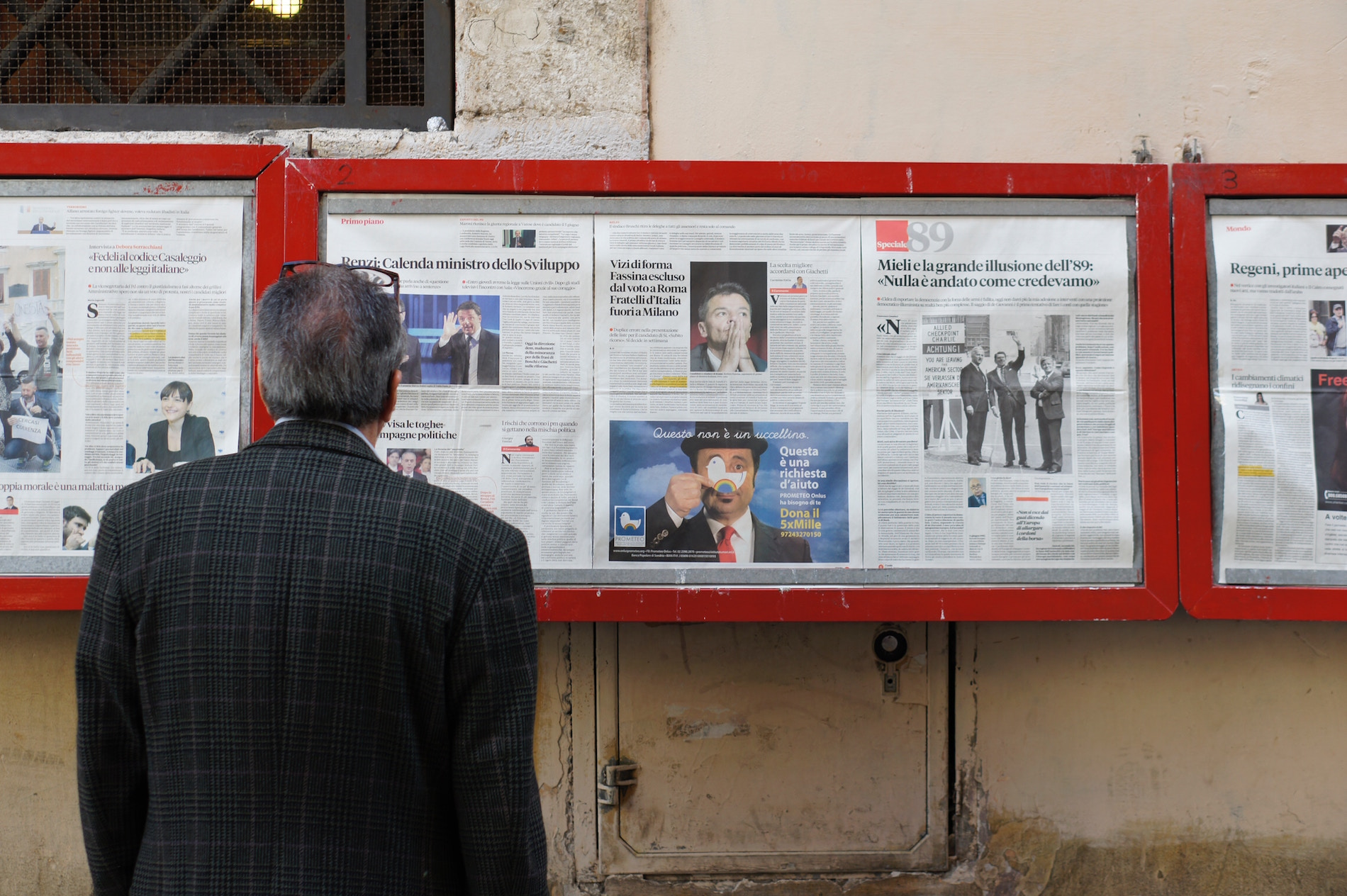A researcher and a psychologist at the University of Cambridge have created a game that will teach you to detect fake news by implementing the inoculation theory.
The rapid and insidious spread of “fake news” and online misinformation is proving to be a growing threat to the democratic process and can have hugely detrimental effects on evidence-based decision-making on a whole hoard of societal issues. From climate change to vaccination to politics — these are all areas where accurate public information is imperative but have been touched by the misleading finger of fake-news.
Social media platforms have proven to be the perfect breeding ground for perpetuating misinformation and fake news with recent estimates suggesting that 15 percent of the 47 million Twitter accounts in use are actually computer programmes, or ‘bots’.
Bots have become an increasingly present phenomenon and they exist for sharing news on just about anything you can imagine. While not all of them have a sinister motive to spread falsehoods, worryingly there are plenty out there used to spread misinformation, particularly during election campaigns.
Jon Roozenbeek, a researcher and Sander van der Linden a social psychology professor at Cambridge University have created a free text and choice-based game called ‘Bad News’ to address the serious challenges that the spread of online misinformation is causing to societies worldwide.
In particular, the creators told the BBC last year that they want the game to be a “vaccine” against fake news and to “demystify and illuminate what these [fake news] techniques are, how to spot them, how to recognise them, and not be influenced by them.”
To spot the fakes, you need to become one
In Bad News, players take on the role of a fake news producer and learn to master six documented techniques commonly used in the production of misinformation: polarisation, invoking emotions, spreading conspiracy theories, trolling people online, deflecting blame, and impersonating with fake accounts.
The purpose is to attract as many followers as possible while also maximising credibility. Players earn badges based on mastering misinformation strategies.
The game draws on an inoculation metaphor, where preemptively exposing, warning, and familiarising people with the strategies used in the production of fake news helps confer cognitive immunity when exposed to real misinformation.
Participants were recruited through a press release with the university. The headline read; “Fake news ‘vaccine’: online game may ‘inoculate’ by simulating propaganda tactics.”
Bad News was developed in collaboration with the Dutch media platform DROG. The game engine is capable of rendering text boxes, images, and Twitter posts to simulate the spread of online news and media. The game is choice-based meaning that players are presented with various options that will affect their pathway throughout the game.
It’s been successful: a recent large-scale evaluation of the game with 15,000 participants in a pre-post gameplay design, covered in a paper in Nature, revealed people’s ability to spot and resist misinformation improves after gameplay, irrespective of education, age, political ideology, and cognitive style.

Finally, a vaccine for fake news?
In their study, Roozenbeek and van der Linden referred to recent research that suggests fake news spreads faster and deeper than real information.
Many solutions have been proposed to tackle this now widespread problem of online misinformation, including adding digital media literacy to school curricula, machine learning algorithms to highlight rumour and systems that provide real-time fact-checking.
“Decades of research on human cognition finds that misinformation is not easily corrected,” the Bad News creators’ study stated. “In particular, the continued influence effect of misinformation suggests that corrections are often ineffective as people continue to rely on debunked falsehoods.”
By applying the inoculation theory to a game the duo thinks they have found a way to break the fake news cycle.
“The inoculation theory draws on a biological metaphor: just as injections containing a weakened dose of a virus can trigger antibodies in the immune system to confer resistance against future infection, the same can be achieved with information by cultivating mental antibodies against misinformation,” they added.
“In other words, by exposing people to a weakened version of a misleading argument, and by preemptively refuting this argument, attitudinal resistance can be conferred against future deception attempts. Meta-analytic research has found that inoculation messages are generally effective at conferring resistance against persuasion attempts.”
Rather than just approaching fake-news on a case by case basis referring to a particular topic such as climate change or vaccination (which has been attempted by scholars,) Bad News is attempting to provide a “broad-spectrum vaccine” against misinformation by focusing on the common tactics used in the production of misinformation rather than just the content of a specific persuasion attempt.
“We are the first to implement the principle of active inoculation in an entirely novel experiential learning context: the Fake News Game, a “serious” social impact game that was designed to entertain, as well as educate. Previous work has shown that social impact games are capable of prompting behavioural change, for example, in the domain of health.
We posit that providing cognitive training on a general set of techniques within an interactive and simulated social media environment will help people apply these skills across a range of issue domains.”
At the end of their study, Roozenbeek and van der Linden highlight the opportunities for further research into the use of Bad News and say that “we hope to have paved a path toward a new line of behavioural science research aimed at empowering diverse populations to guard themselves against the spread of misinformation in society.”
—
“These [fake news] techniques are out there, they are being used by real people,” Dr Sander van der Linden, said.
